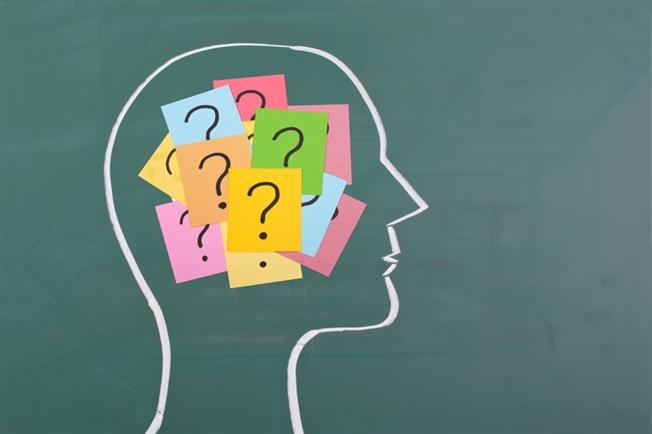What you might not know about concussions

If you or a family member has played a sport before, you’re likely familiar with concussion symptoms and protocol. Yet, concussions are still reported at an alarmingly high rate and many sufferers return to school, work, and sports before they’re ready.
That could be because, despite increase awareness, there are still many myths out there about recognizing and treating concussions. Below, the team of clinicians from the Bryn Mawr Rehab Concussion Center addresses some commonly-held beliefs.
Myth: Concussion symptoms begin right away
Concussion symptoms can vary greatly, ranging from a headache and dizziness to nausea, vomiting, and memory loss. You may be affected by several or just a few.
“If you don’t have any concussion symptoms immediately after an injury, it doesn’t mean that you won’t have them eventually,” says Main Line Health physical therapist. “Some concussion symptoms can be latent and may appear until hours or days after an injury.”
If you, a teammate, or a child has been hit during practice and you suspect it could be a concussion, do not return to play and talk to your doctor. Keep an eye out for symptoms such as memory problems, vision problems, changes in mood or behavior, changes in sleep patterns or balance problems.
Myth: You lose consciousness during a concussion
Many people associate a loss of consciousness, or ‘blackout,’ as a sure sign of a concussion. Not so—the majority of concussions don’t include a loss of consciousness. Don’t assume that if you’ve remained conscious, you’re concussion-free.
Myth: A helmet protects your head from a concussion
This one is only half-true, says Beth Kolar, advanced clinician.
“Helmets—and any other athletic equipment for your sport—are the best ways to protect yourself against injury. But they’re not foolproof. You can still get a concussion, even if you’re wearing a helmet.” And, warns Kolar, don’t get fooled by helmets claiming to be concussion-proof. No helmet can fully protect you from a concussion, but it can decrease your risk.
Myth: Avoid sleeping when you have a concussion
You’ve probably heard that falling asleep when you have a concussion can result in greater damage. But, as it turns out, rest is best after a concussion or hit to the head.
It is only necessary to keep an individual awake or periodically wake them up if they’re unable to have a conversation or appear ‘out of it’ and no brain imaging—such as a CAT scan or MRI—will be immediately performed within 24 hours after the injury, says Brian McDonald, DO, MPT, FAAPMR, physical medicine and rehabilitation physician at Bryn Mawr Rehab.
Keep rest going throughout your recovery, too. Taking a break from activities is recommended.
“Once evaluated by a medical professional, it can be advised that rest is best to facilitate recovery. In addition, it may be beneficial to restrict extended screen time, school, work, and exercise in the early stages of recovery,” says physical therapist Deb Watson-Shaeffer.
Myth: A concussion only occurs after a blow to the head
While concussions are considered head injuries, a concussion can occur if you’ve been hit somewhere else on your body, too. Blows to the neck and face can also result in a concussion.
Although you may be surprised to learn a few of these facts, don’t let them cause you to second-guess a concussion. If you suspect that you, a teammate, or a child has suffered a concussion or head injury, call for emergency medical attention.
Concussion care at Bryn Mawr Rehab
As one of the first acute rehabilitation hospitals in the country to treat brain injuries, Bryn Mawr Rehab has been recognized as a leader in the field of concussion treatment and recovery for more than 17 years. Our team treats over 1,000 concussion patients annually at our Concussion Center at Bryn Mawr Rehab Hospital. Concussion patients come to us with routine to complex injuries, but leave with functional outcomes due in large part to the individualized, creative approach we bring to concussion care.
Main Line Health serves patients at hospitals and health centers throughout the western suburbs of Philadelphia. To schedule an appointment with a specialist at Main Line Health, call 1.866.CALL.MLH (225.5654).